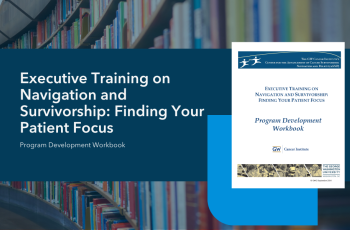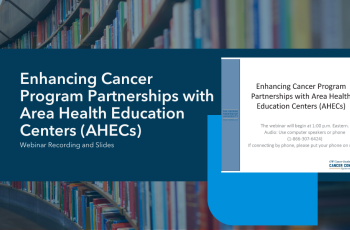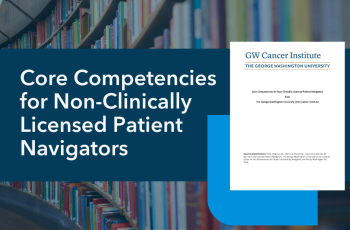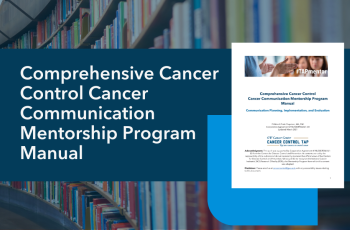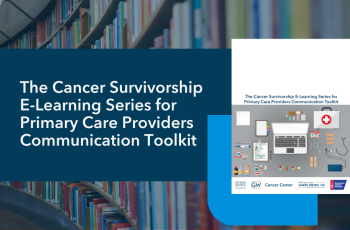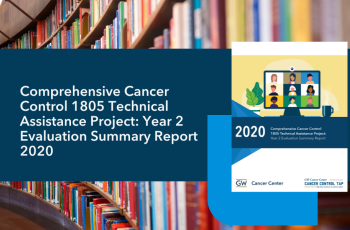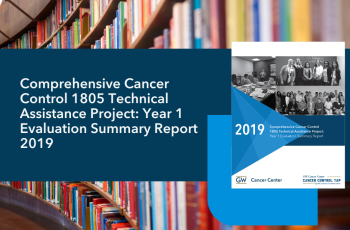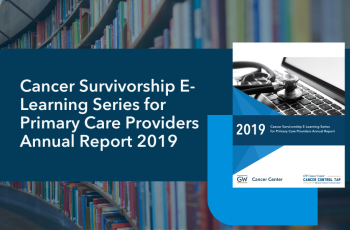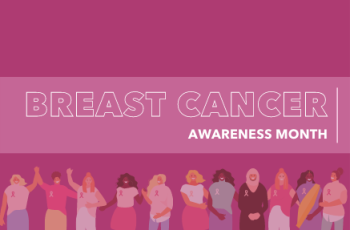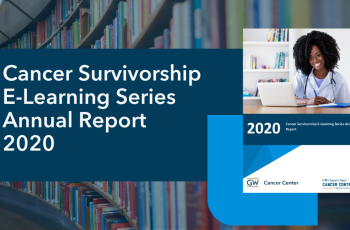This work was supported by Cooperative Agreement #NU58DP007539-01 from the Centers for Disease Control and Prevention (CDC).
GW Cancer Center
The Program Development Workbook is intended to be used with the Guide for Program Development and as part of the Executive Training on Navigation and Survivorship. This workbook contains tools to help during the process of program planning.
The GW Cancer Center hosted a webinar on partnering with Area Health Education Centers (AHECs) to enhance cancer programs. The webinar provided an overview of AHECs, opportunities for collaboration and will spotlight AHEC/Comprehensive Cancer Control Partnerships.
These competencies can be used by health care professionals and institutions considering qualifications for patient navigators.
The George Washington University (GW) Cancer Center created the Comprehensive Cancer Control Cancer Communication Mentorship Program in response to needs assessment findings that comprehensive cancer control stakeholders desire mechanisms for collaboration and building relationships, as well as…
The purpose of this toolkit is to help stakeholders establish a communication strategy to promote the Cancer Survivorship E-Learning Series for Primary Care Providers, implement Facebook, Twitter, LinkedIn and blogging best practices, and disseminate E-Learning Series messaging.
This 2020 report provides a brief overview of Year 2 of the GW Cancer Center comprehensive cancer control technical assistance project, "Building Cancer Control Capacity: Scaling Evidence to Practice to Advance Health Equity".
This 2019 report provides a brief overview of Year 1 of the GW Cancer Center comprehensive cancer control technical assistance project, "Building Cancer Control Capacity: Scaling Evidence to Practice to Advance Health Equity".
The 2019 Cancer Survivorship E-Learning Series for Primary Care Providers Annual Report helps programs/coalitions meet reporting requirements on E-Learning Series outcomes for the Centers for Disease Control and Prevention (CDC) 1701 supplement.
This campaign is intended to be used for breast cancer awareness month in October.
The 2020 Cancer Survivorship E-Learning Series Annual Report includes aggregate demographics and learning outcomes as well as state, tribe and territory learner counts (reporting period January 1-December 2020).
